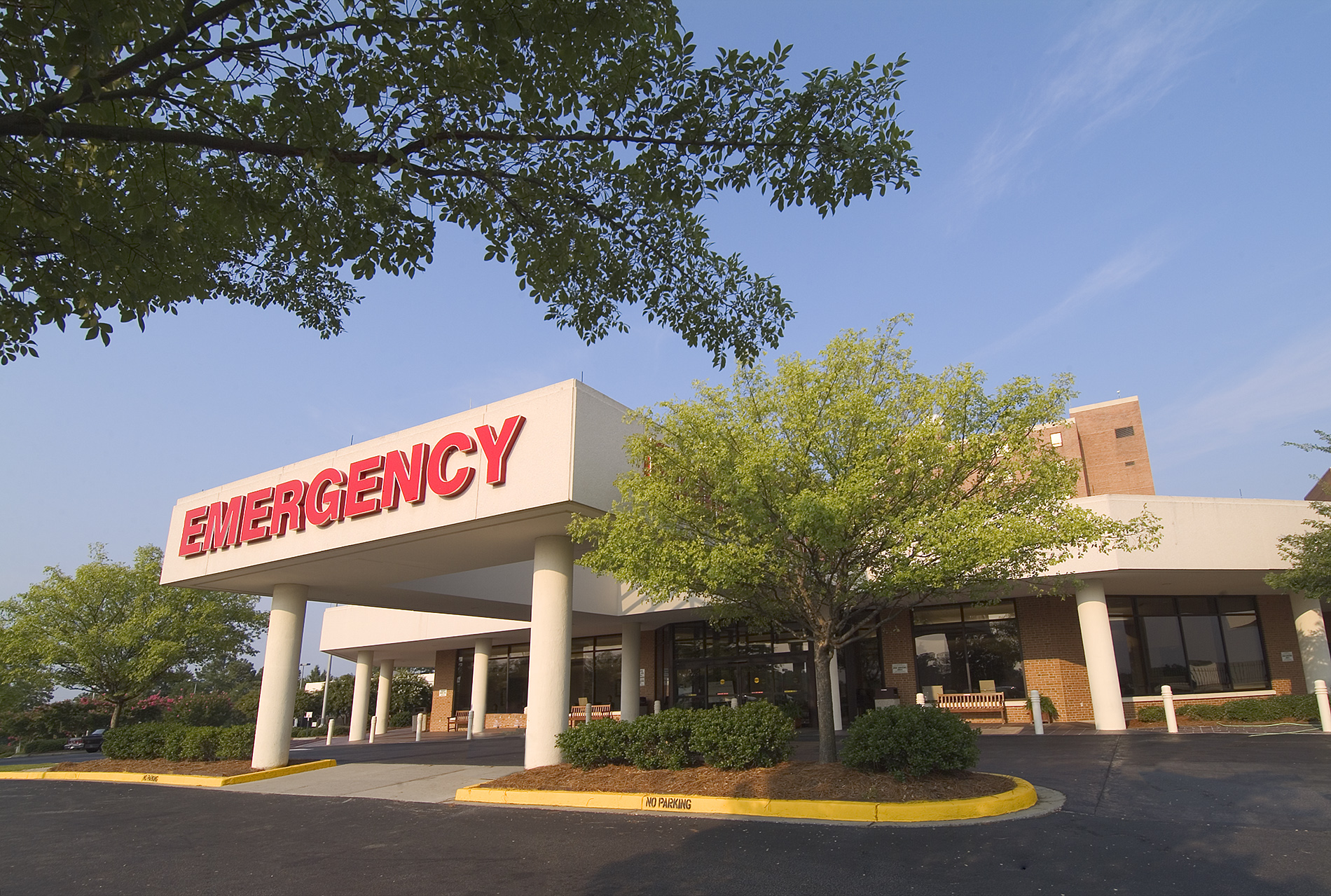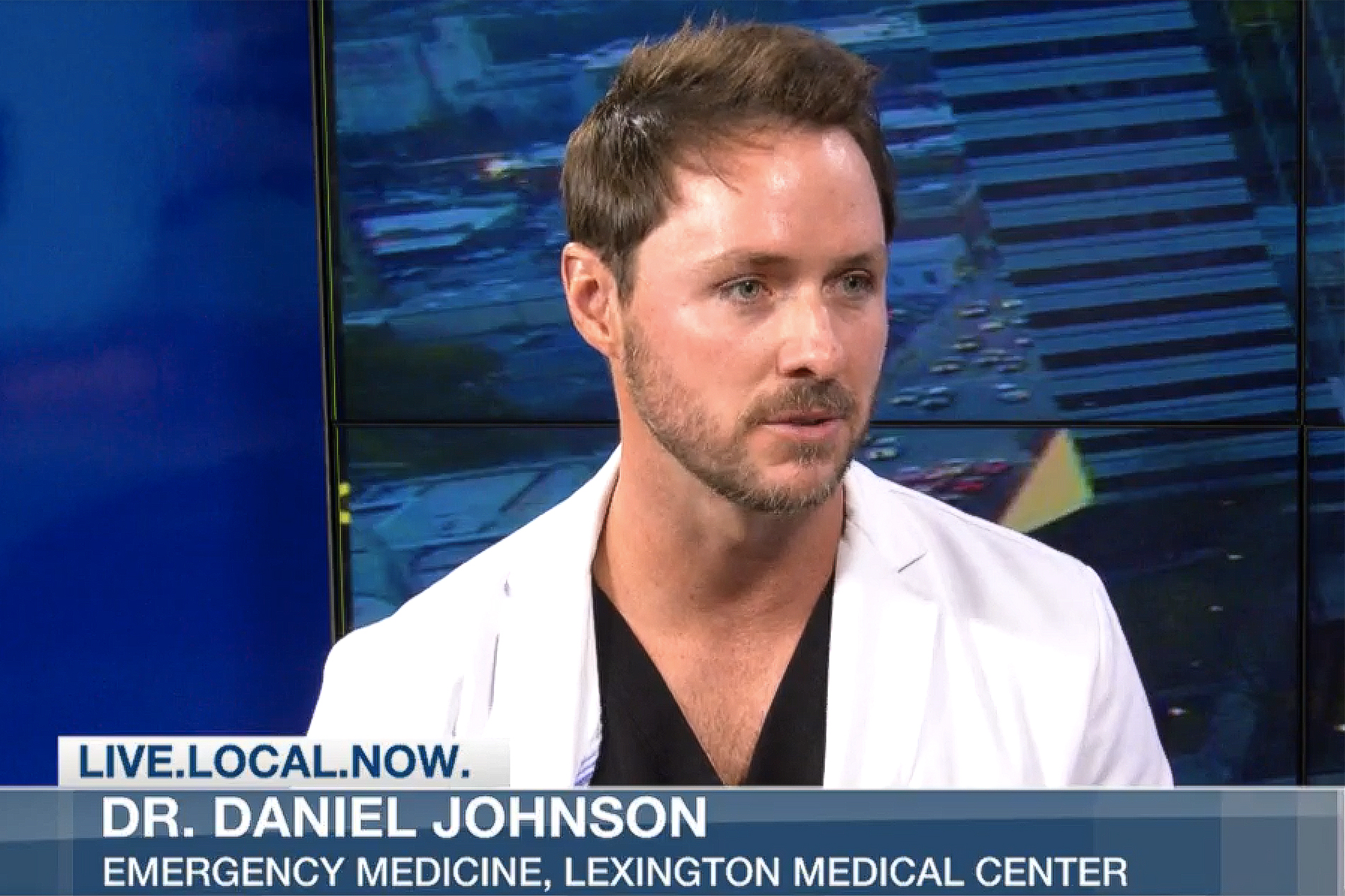Dr. Carter says emergency department volumes are about 15 percent higher than normal due to the COVID-19 surge. But, that increased volume doesn't tell the whole story. Hospital stays for non-COVID medical care usually last only 2 -3 days. Patients with COVID-19 often require hospitalization for weeks, resulting in less available hospital beds and longer wait times to get one.
Dr. Carter notes that patients requiring hospitalization in this surge are much younger due to the Delta variant. The hospital has admitted many patients in their 20s and 30s during the recent surge.
Even vaccinated individuals can experience a "breakthrough" case of COVID-19, though their likelihood of experiencing severe symptoms requiring hospitalization are greatly diminished.
Early symptoms of COVID-19 infection are similar to those of the flu, including fever, headache, sore throat and runny nose, nausea and diarrhea. Later, people may lose their sense of taste and smell.
If symptoms worsen and individuals experience shortness of breath, chest pain or dehydration, they should be evaluated at an emergency department.
Dr. Carter urges the community to talk with their doctor about getting a COVID-19 vaccine, saying "An ounce of prevention is worth a pound of cure."







Leave a comment